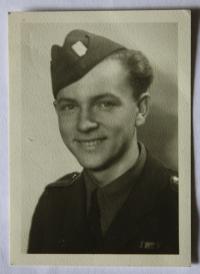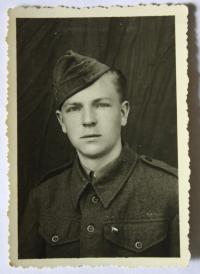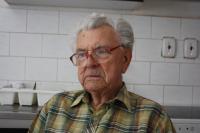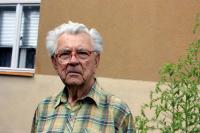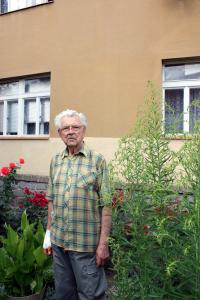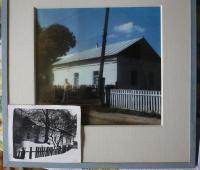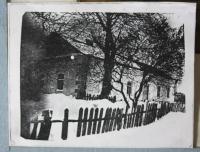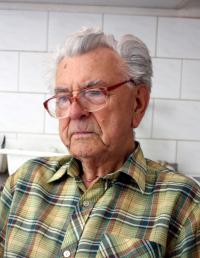The first professor among the Volhynian Czechs

Download image
Professor Miloslav Šatava, the first Volhynian Czech to be appointed a professor, was born in 1928 in Volhynia in the village Buršovka Česká. In late spring 1944, when he was fifteen and a half, he applied to join the Czechoslovak army corps. He was drafted and served in the artillery. He experienced combat before the Dukla Pass (Machnuvka) and was seriously wounded while fighting at Dukla. He sustained a leg injury caused by a shell fragment and was transported to Georgia for treatment. After the end of the war he studied at a secondary school in Prague, from which he graduated in 1948. Afterwards he studied at the College of Agriculture and Forestry and then worked at universities, at the Ministry of Education and in the Research Institute for Biofactors. In 1975 he was appointed professor in the field of applied genetics of livestock. He retired in 1994, and since 2000 he has been living in Dobříš. In 1990 he was one of the founders of the Association of Czechs from Volhynia and their Friends, and he served as its chairman in 1990-1993.
